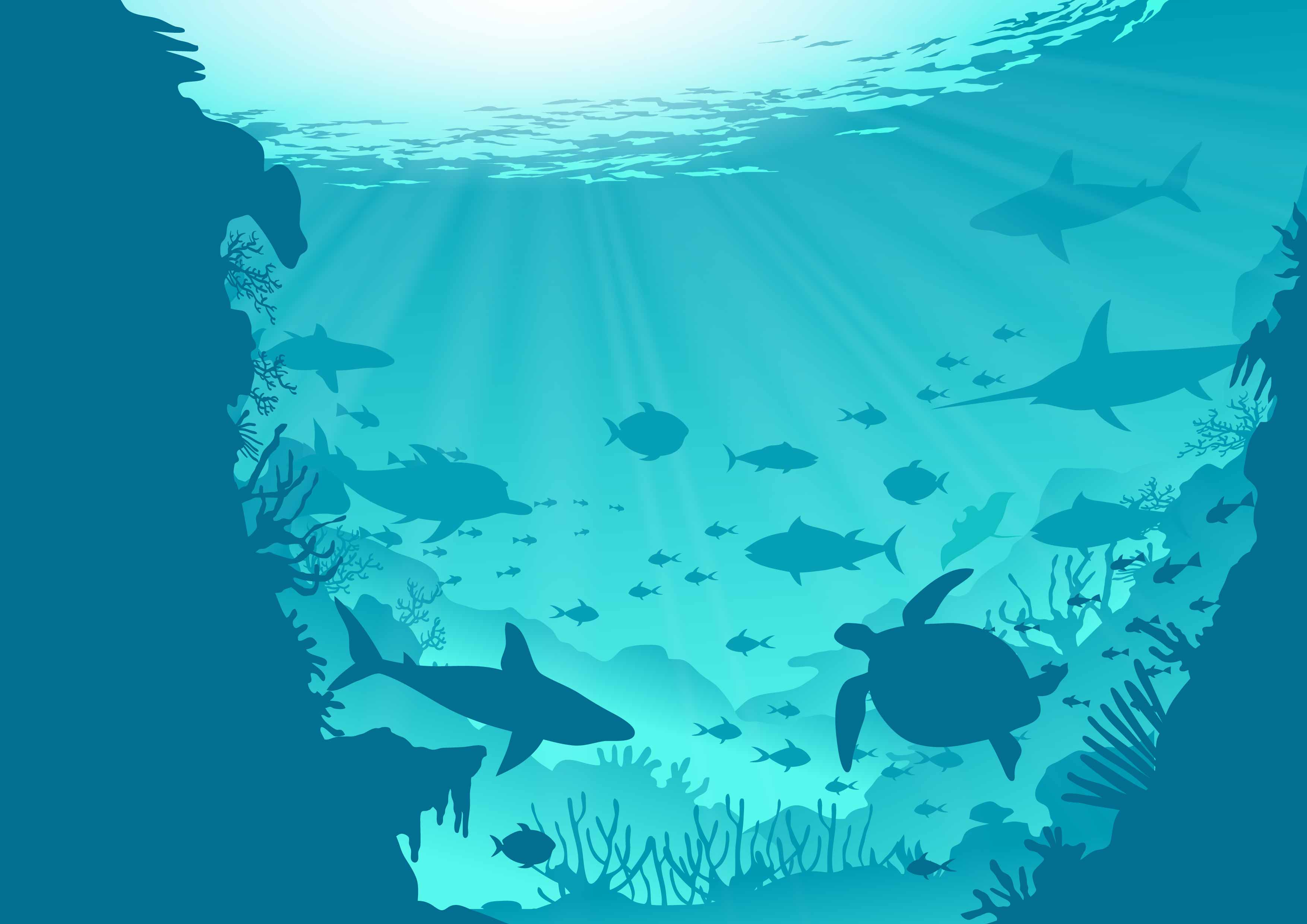The Impact of Climate Change on the Ocean and What We Can Do to Help

By Michael Jumba
What is Climate Change and How Does it Affect the Ocean?
Climate change is a global phenomenon that has been causing drastic changes to our environment. It is caused by the increased emissions of greenhouse gases, which trap heat and cause temperatures to rise. One of the most significant impacts of climate change is ocean warming, which leads to other problems such as ocean acidification, sea level rise and ocean health decline. These effects have serious implications for marine life and coastal communities around the world. In this article, we will explore what climate change is and how it affects the ocean.
The Effects of Climate Change on Marine Life & Ecosystems
Climate change is having a devastating effect on marine life and ecosystems around the world. Rising ocean temperatures, caused by global warming, are leading to coral bleaching, ocean biodiversity loss, and marine species extinction. In addition to this, overfishing is exacerbating the problem as it reduces the population of fish that many other species rely on for food. As a result of these changes, entire ecosystems are being disrupted and destroyed.
How Human Activity is Contributing to Climate Change in the Ocean
Human activity is having a devastating effect on the ocean's climate. Carbon dioxide emissions, plastic pollution in oceans, and oil spills are all contributing to climate change in the ocean. The effects of these activities are being felt all over the world, with sea levels rising and coral reefs dying off due to warming seas. In this article, we will explore how human activity is contributing to climate change in the ocean and what can be done to mitigate it. We will also look at some of the ways that people are already taking action to reduce their carbon footprint and protect our oceans from further damage.
What Can We Do to Help Mitigate the Effects of Climate Change in the Ocean?
Climate change is having a devastating effect on the world’s oceans. Rising temperatures, ocean acidification, and plastic pollution are just a few of the issues that are threatening marine life and ecosystems. To help mitigate these effects, we must take action to reduce our impact on the environment. This includes adopting sustainable fishing practices, reducing plastic waste consumption, and transitioning to renewable energy sources. By taking these steps, we can help protect our oceans and ensure their health for generations to come.
Taking Action Now is Essential for Protecting Our Oceans from Further Damage Caused by Climate Change
Climate change is one of the biggest threats to our planet's oceans. The effects of climate change are already being felt in the form of rising sea levels, coral bleaching, and ocean acidification, among other impacts. Taking action now is essential for protecting our oceans from further damage caused by climate change. This means reducing emissions and investing in renewable energy sources such as solar and wind power. It also means making sure that ocean-related industries such as fishing and tourism are sustainable and environmentally friendly. Furthermore, we must ensure that coastal communities have access to resources and information so they can take action to protect their local marine ecosystems from further damage caused by climate change.


